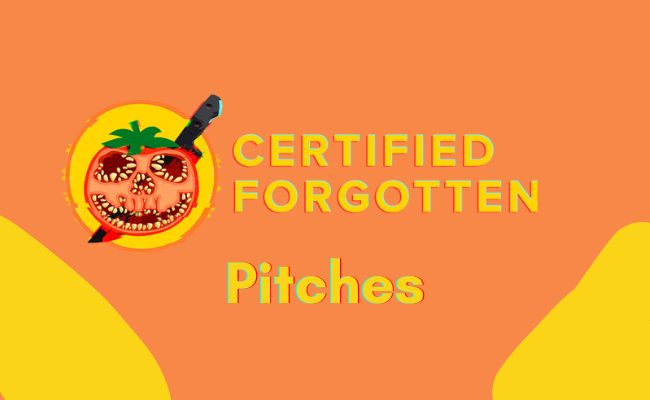Essay Writing Tips: How To Write The Perfect Essay
Two days ago, we discussed tips for writing an outstanding dissertation. Now we shall discuss tips for writing effective essays.
What is an essay?
An essay can be described as a composition on a particular theme or subject. Essays can be written in so many different ways.
Essays can be narrative, descriptive, definitive, illustrative, argumentative, speculative, or interpretative. Other essays may focus on classification or definition.
There are many reasons why some people get headaches over the thought of writing an essay. Their problems often range from what topic to write on, how to begin, what to put in or omit, where and how to end. .
The following tips should help you write a great essay. First, you have to remember to follow these guidelines:
- Use an active voice (active verbs and sentences)
- Don’t use long words where shorter words will suffice
- Avoid clichés that often appear in print
- Be original. Avoid plagiarism. Use a plagiarism checker, if in doubt.
- Delete redundant words
- Read more of George Orwell’s Writing Guide HERE.
But how about the structure of the essay? Where should you start and end? Understanding the components of a good essay will help you figure out how to write an outstanding essay.
What are the components of good essays?
All essays can be divided into three major parts; the beginning, the body and the conclusion.
THE BEGINNING
The beginning will contain parts like the topic and introduction.
THE TOPIC
Choose a topic you are passionate about, it makes writing easier. Once you choose the topic, then study it to make sure you know it better.
THE INTRODUCTION
The introduction is basically where you tell the reader the purpose of the essay. Your introduction should be crafted in such a way that it catches the reader’s interest and attention. The idea is to keep the reader hooked so that they want to read to the end.
The introduction is where you lay bare your position on the subject of discussion. This position is also known as the ‘thesis’. The thesis is usually a clear one-sentence summary of your argument.
THE MIDDLE
The middle of your essay should contain paragraphs. The number of paragraphs will depend on the amount of information and data available to you in support of or against your thesis.
In arranging your paragraphs, make sure it is done in an order of increasing interest. Once you have stated your thesis, your reader’s interest is heightened. The reader is now very attentive to see how you go about proving that assertion.
Every reader’s attention is often in a state of progressive decline. To sustain the reader’s interest and attention, it is important to learn to save the best for the last. This means that your points and thoughts must be presented in such a way that the next paragraph is more interesting than the last.
The middle of your essay can be described as the backbone of the whole paper. This is where you do the whole analysis, examination, analogy, comparison and scrutiny in support of your thesis and conclusion.
Having taken a position by stating your idea, do not ignore the opposition. Effective essays do not just dwell on those facts that support their views, but they also acknowledge, discuss and dispose opposing views.
If you have chosen a controversial topic, then your essay demands a consideration of all sides of the argument. The more opposition you consider and analyze in your essay, the more persuasive and triumphant you will be.
Now in analyzing the opposite views make sure you consider and arrange them first before presenting your own opinion. If the opposite views are brief, you can demolish them in few sentences or one paragraph and go on to present your case.
If on the other hand the opposing views are many, then you have to consider them one after another until you thrash all of them. This is usually done using a series of pros and cons. This is being objective. For instance, you could write, “although democracy is… but… ofcourse… however… nevertheless…. and so on.
Make sure that you consider the pros and cons side by side. Do not spend two to five pages writing on a pro and then the next three to six pages reviewing the con. Each time you write something about a pro, also say something about a con.
THE CONCLUSION
Although the conclusion is expected to be the simplest part of the essay, this isn’t always the case. On many occasions, some writers find it difficult to conclude their essay effectively.
So the point here is, do not underrate the conclusion and regard it as an obvious. Spend quality time in writing it or the whole essay will simply unravel in your reader’s mind.
Now although the conclusion comes at the end of the essay, there is no rule that says you have to wait till the end to write it. In fact, you should start thinking of your conclusion from the beginning. Write it down if you have it clearly in your head and amend it if need be as you go along in your writing.
Most conclusions start with ending words like ‘in the end’, ‘in conclusion’, ‘in summary’, ‘finally’, etc. But again there is no rule that says you must use these words as long as you leave no one in doubt that the discussion has come to an end.
I hope you find this post helpful, and that you go on to write many award winning essays.





Pingback: 2018 Dstv Eutelsat Star (Essay Contest and Poster Design) Awards – Creative Writing News